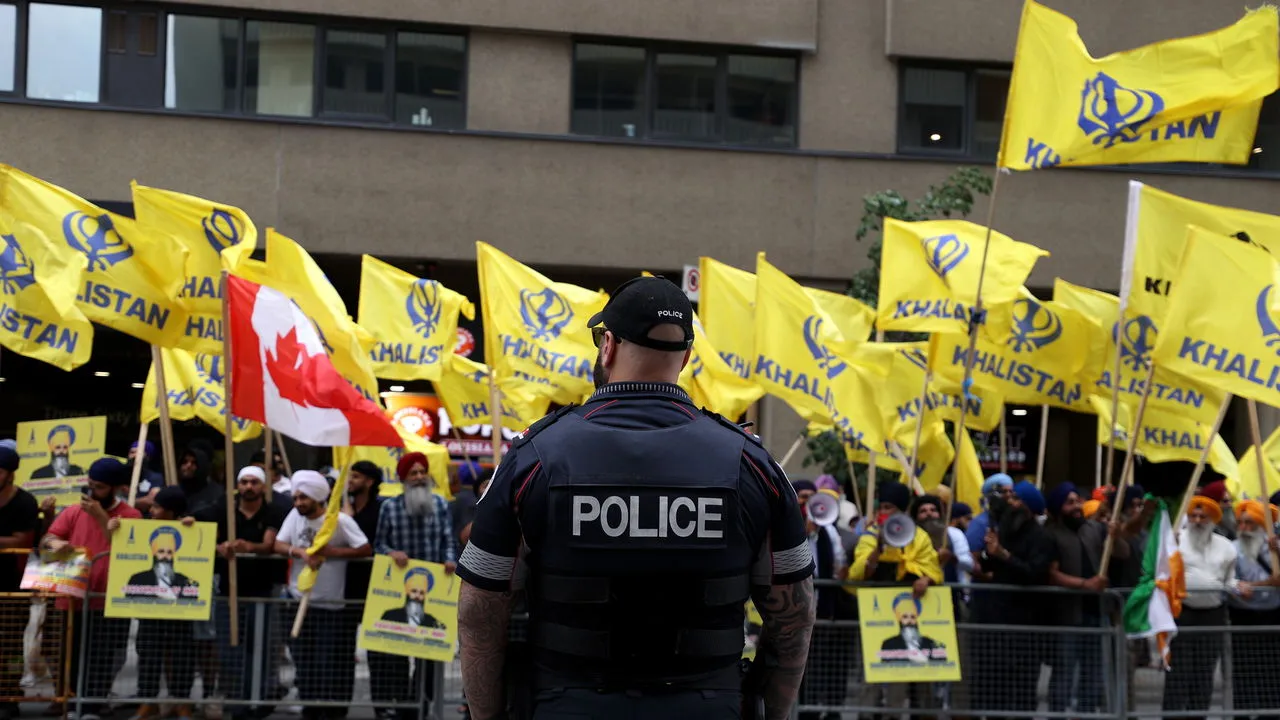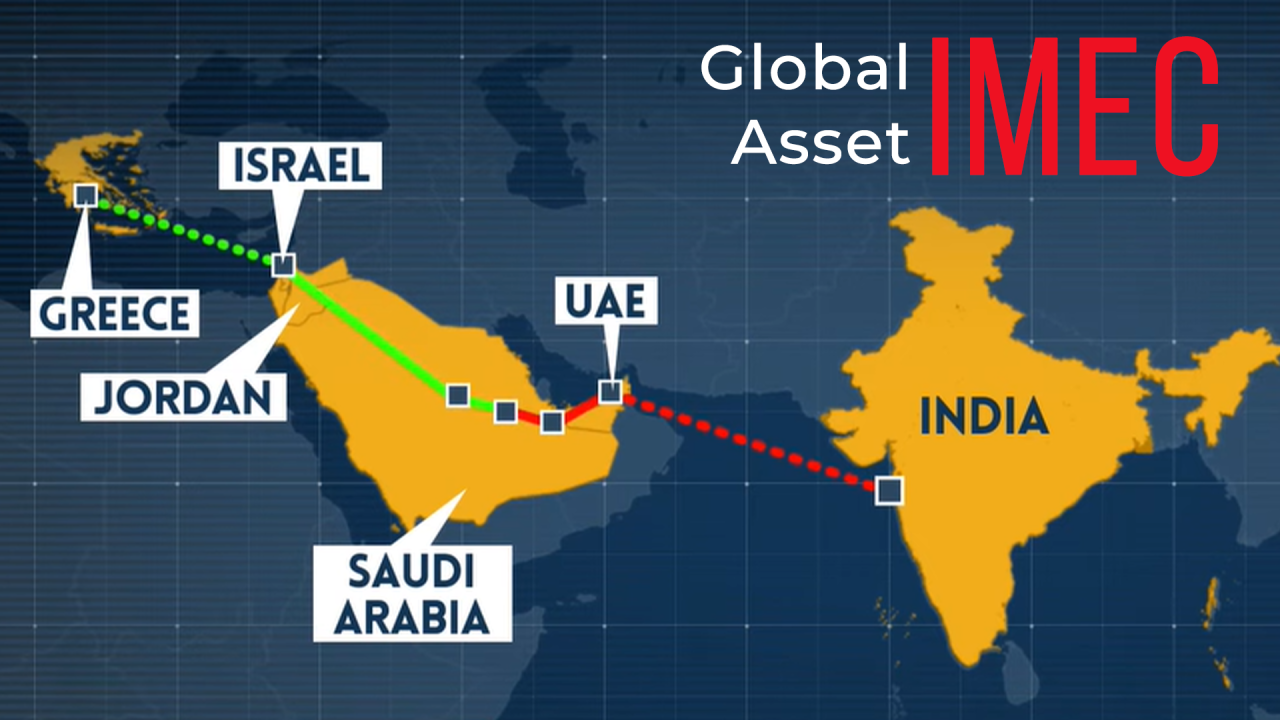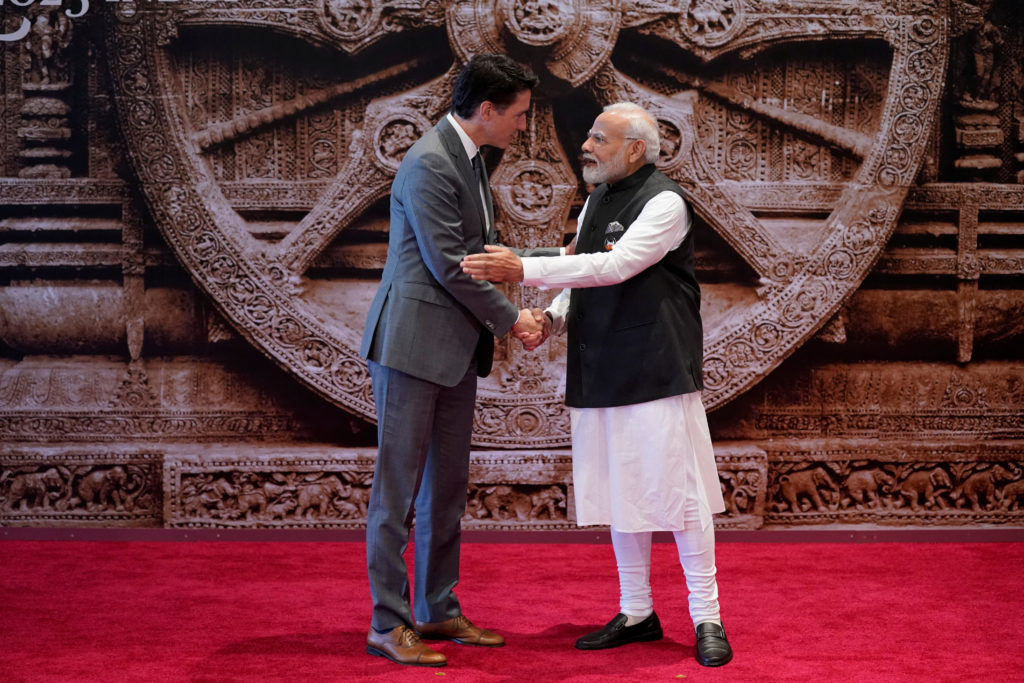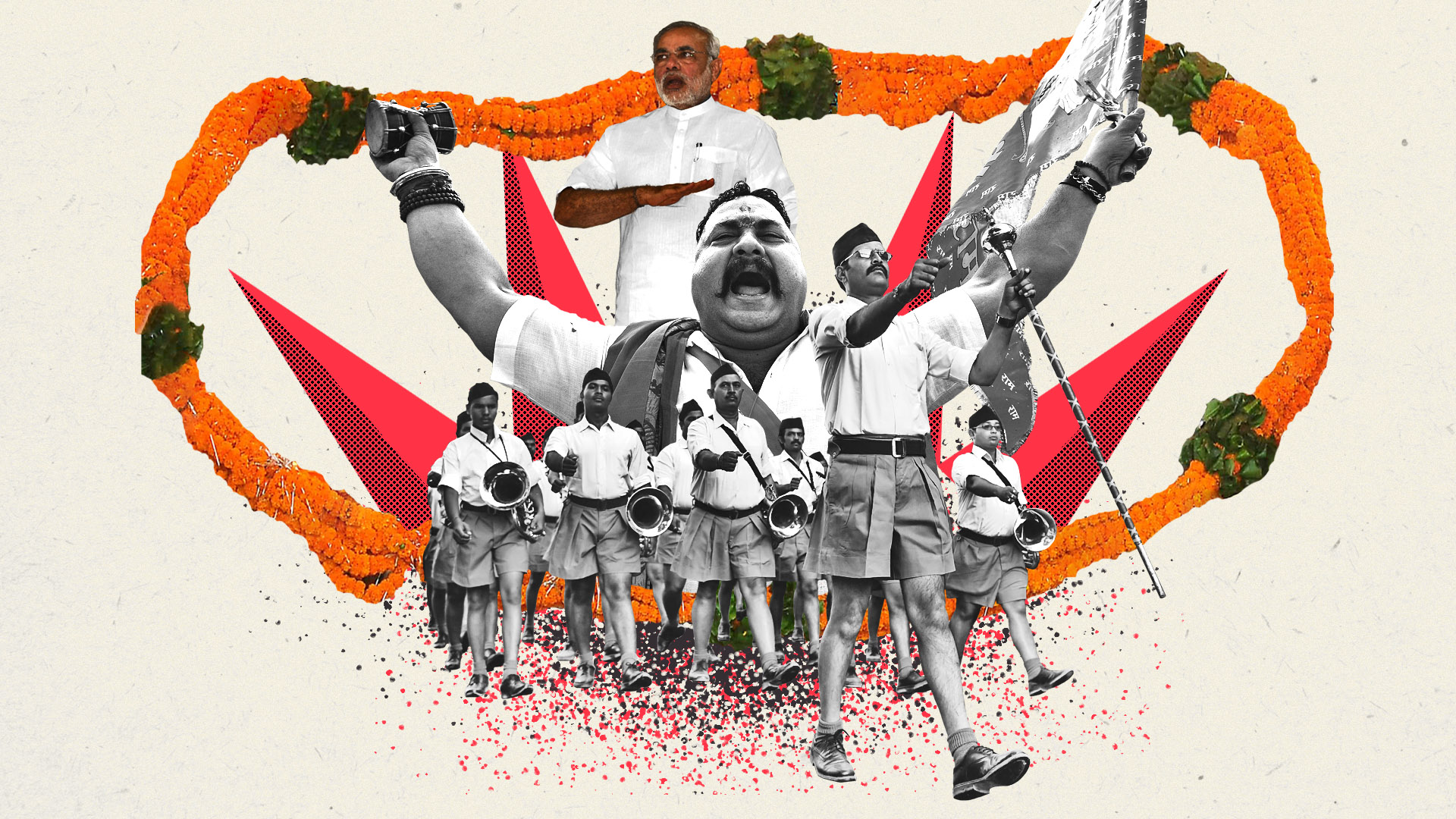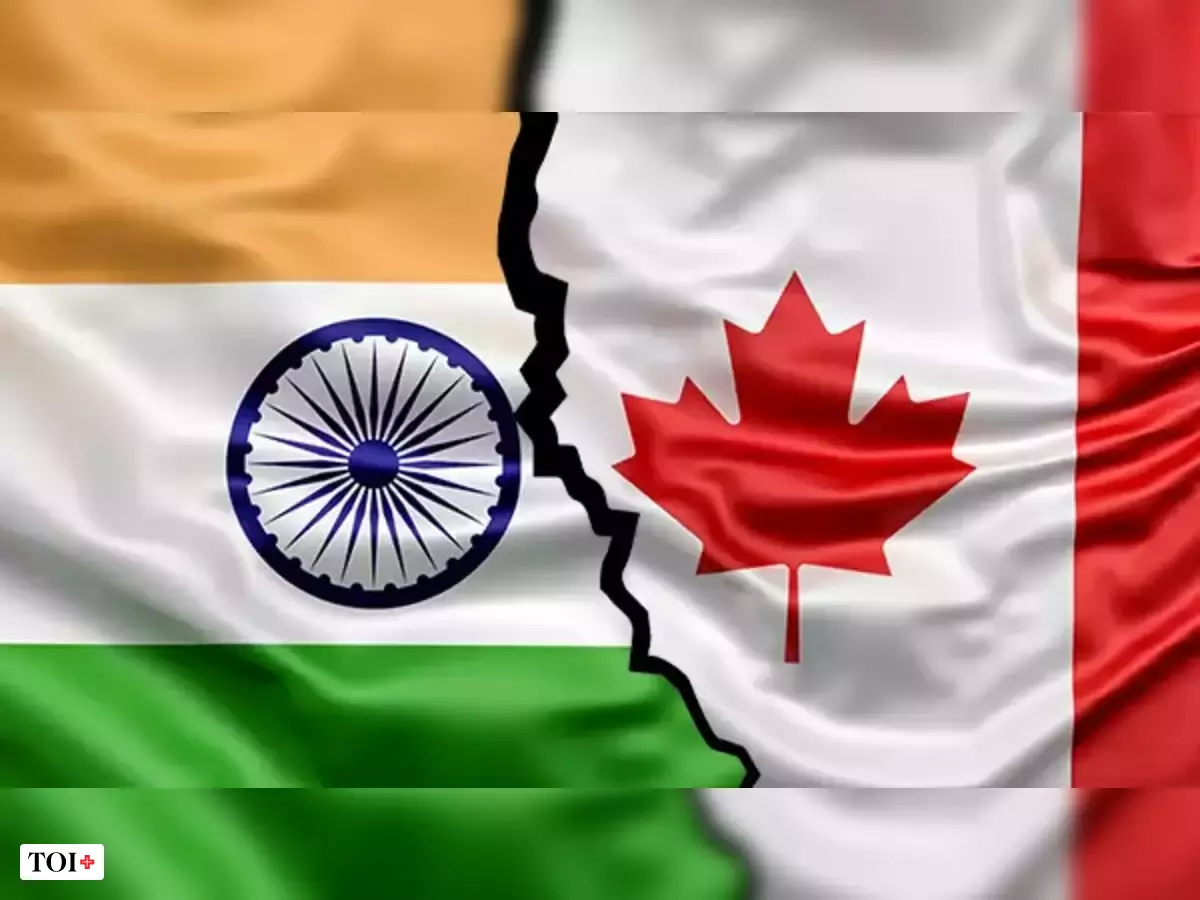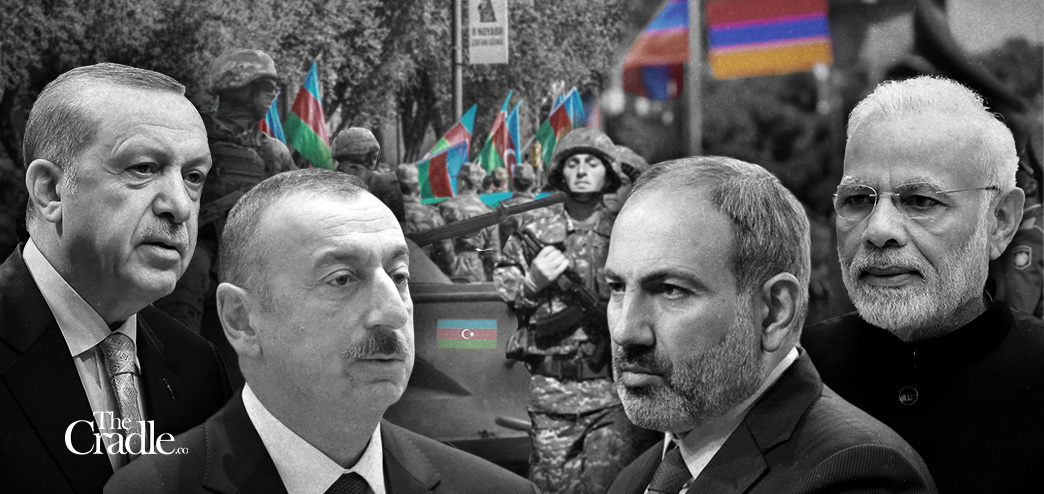There are a few brave souls who believe that discussing Manipur is crucial because it would let a sliver of light into what is currently a clouded cloak that blocks out reason and hope. However, significant segments of the Indian population have all but forgotten Manipur. So, recently, a webinar on the aforementioned subject was held.
However, there is still a difficult subject that needs to be addressed: How can we build forums for social discourse when the gap between the Kuki-Zo group and the Meitei cannot be closed? Even those who are assigned to investigate misbehavior get themselves into trouble because they openly support one community. Since it is believed to be the Meitei Police and not the Manipur Police, the Manipur Police has lost credibility. The Assam Rifles have grown accustomed to the Kuki-Zo people as a result of spending too much time in Manipur, and perhaps they have even gained pity for them in the middle of an unimaginable humanitarian disaster.
The state security system is in charge of the army, which is arguably the only neutral force. The fact that the man in charge of governance is still in charge of the chaos, the loss of more than 170 lives, and the uprooting of at least 70,000 people from their homes and hearts may be what outrages everyone who has watched Manipur descend into chaos the most.
It is appropriate to remove him and impose a central government if a state within a federal republic is unable to stop the murder and mayhem for 150 days. The Kuki-Zo people would at least see this as an effort to mend their wounds. However, it appears that the Union home ministry has been having discussions with various organizations in Delhi. Because the discussions between the leaders of the two groups remain private, it is evident that nothing is being accomplished. Once leaving, the negotiators must take the appropriate posture to show their followers that they have not caved or conceded even a small amount of ground.
The Supreme Court may be the only institution that can restore some form of order in this hopeless situation. The following should be investigated by a committee under the supervision of the Supreme Court.
The innate and historical issues with land, as well as a categorical statement from the Geological Survey of India on the mineral deposits found in the Hills of Manipur, This openness is essential to putting a stop to the many unfounded presumptions that encourage opportunism in one group and fear in the other.
The drug trade, which is typically run by violent groups, is a smoke-and-mirrors problem. Who is truly involved in this multi-billion-dollar trade is now unknown; all that exists are accusations and denials of those accusations. Why are we unable to understand this? Who benefits from the drug trade? We also need a totally impartial investigation in this case. Remember when 50 kilograms of opium valued at Rs 10 crore were found hidden in a car in February of this year? Ranbir Singh, the customer, and Loyangamba Itocha, the supplier and a Meitei, were both apprehended close to the Badarpur border. This exposes the fallacy that the only people engaging in the drug trade are Kuki-Zo.
As far as the state is concerned, a cadastral survey is urgently required to determine who genuinely owns how much land in Manipur since the issue of land is at the center of the dispute. Can we have parallel ancestral land-holding systems without any land reforms in a country with a strong constitution and protections like Article 371 C to preserve tribal interests?
For instance, the Kukis use both traditional and contemporary chieftainship as methods of land ownership. According to the established order, the chief, who is typically the clan’s leader and the oldest man in the family, is the sole owner of the entire parcel of property. Aside from his own kinsmen, he may permit kinsmen who are not descended from him or even members of other clans to reside in his territory, but the land is legally his own. He may give his younger brothers the land so they can start a new village, but it will use the initials of the original village name.
In the contemporary chieftain system, the chief grants a no-objection certificate to all villagers in order for the parcel of land to be registered individually in the name of the occupant or owner within the village’s jurisdiction. This allows all residents to obtain legal land ownership documentation. The autocratic traditional land ownership system in Imphal, where the peasants are constantly at the chief’s mercy, is one of the reasons why the wealthy Kukis desire to relocate there. The traditional chieftainship system has been abolished among the Nagas and Mizos, and the land now belongs to the community and the state, respectively. Therefore, the Kuki-Zo people must find a solution to this problem.
Conflicts start to arise in an unjust world. How do power relationships look in Manipur? Who makes the decisions? Who is currently in charge of the police, the government, and the narrative? The Meiteis are obviously responsible, as they now have total authority over Imphal Valley. There are no more Kuki-Zo tribal members there. Recently, a soldier from Imphal’s Kom (Naga) clan was brutally murdered.
How can anyone speak of bringing peace when there is no rule of law and the state’s chief minister feels unsafe traveling to the hills? The Kuki-Zo factions no longer trust Chief Minister Biren Singh. They take offense at the fact that he is still in office. Since senior Indian Police Service (IPS) officials from the Kuki-Zo community were arbitrarily removed from their previous positions and given unimportant assignments, whatever the state government does today is viewed with mistrust. Kuki officials are well represented in the Manipur government. Because they fear being lynched if they travel to Imphal Valley today, they are unable to join their services.
Although the Central Bureau of Investigation (CBI) had been ordered by the Supreme Court to look into the many sexual assaults and violations of human rights, it is hard to conduct a fair and unbiased inquiry even in this case because of the intervention from several Valley-based organizations. The Meira Paibis (women vigilante) recently demanded the release of five youngsters who were detained while concealing themselves as members of the special forces and moving around with weapons. To this end, they called for a 48-hour bandh and engaged in other mischief. In such a case, where is the state?
Even in the rehabilitation of displaced people, there is obvious injustice. Housing for Meiteis relocated from Chandel and other districts was made available in the Imphal district under Chief Minister Biren Singh. The thousands of displaced Kuki-Zo groups received no such rehabilitation initiatives.
All indications are that the two communities have crossed a line beyond which they cannot be reversed. Meanwhile, it appears that the Nagas and Meiteis are working together to oppose any Kuki-Zos settlement. In this situation, my enemy is also my buddy. However, this amity can continue until the Naga Framework Agreement goes into effect and new borders are established. This will cause another escalation of unrest. So Manipur is a cauldron that will keep producing poison. The scenario would require a lot of statesmanship to handle. All disagreements are brought on by politicians. It is a fool’s errand to look to them to settle disputes that they are primarily to blame for starting. Furthermore, what use is it to have more than 40,000 troops on the ground who are virtually given no choice but to enter Manipur? As we look at it, there is no way to win.



